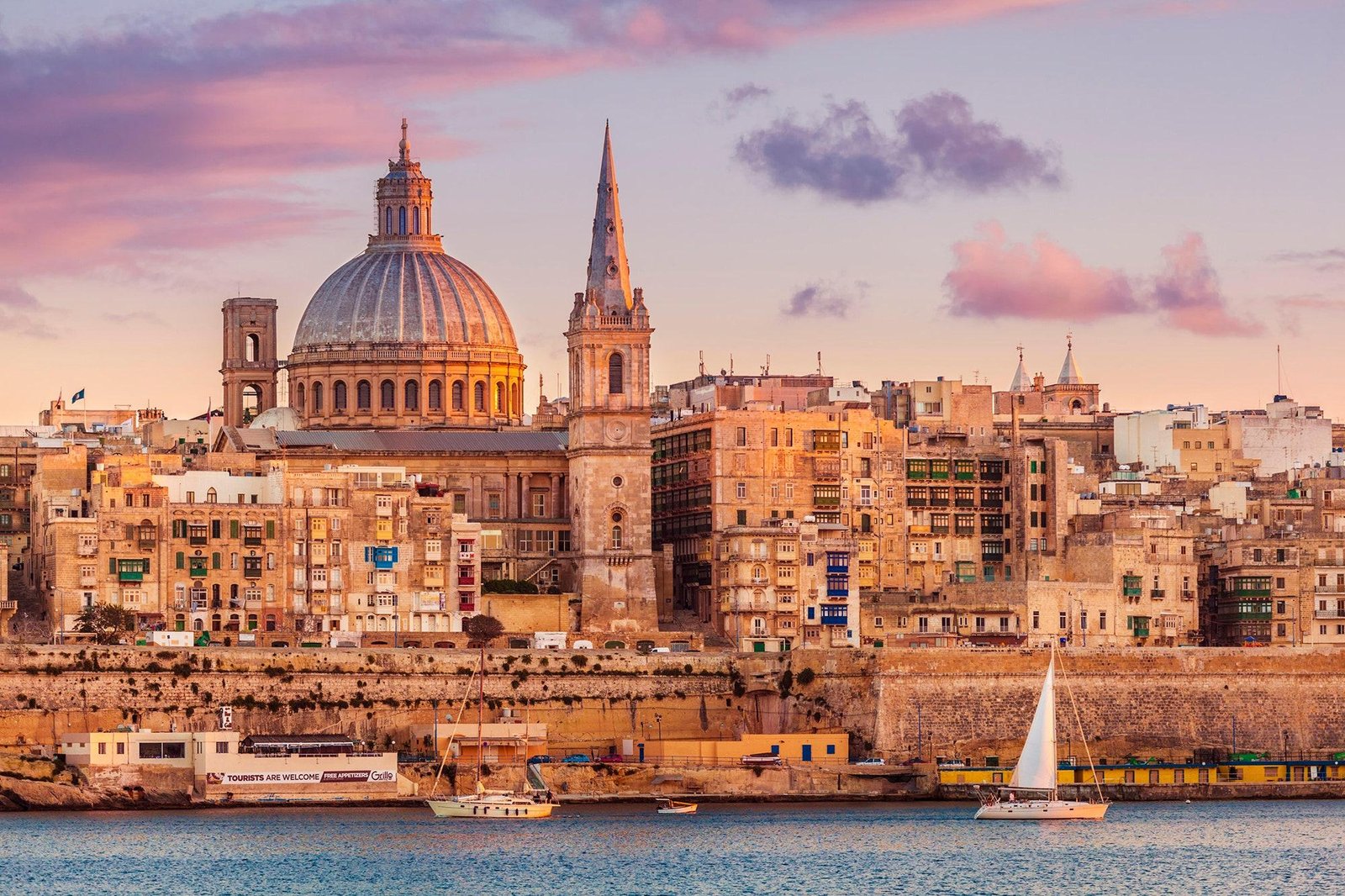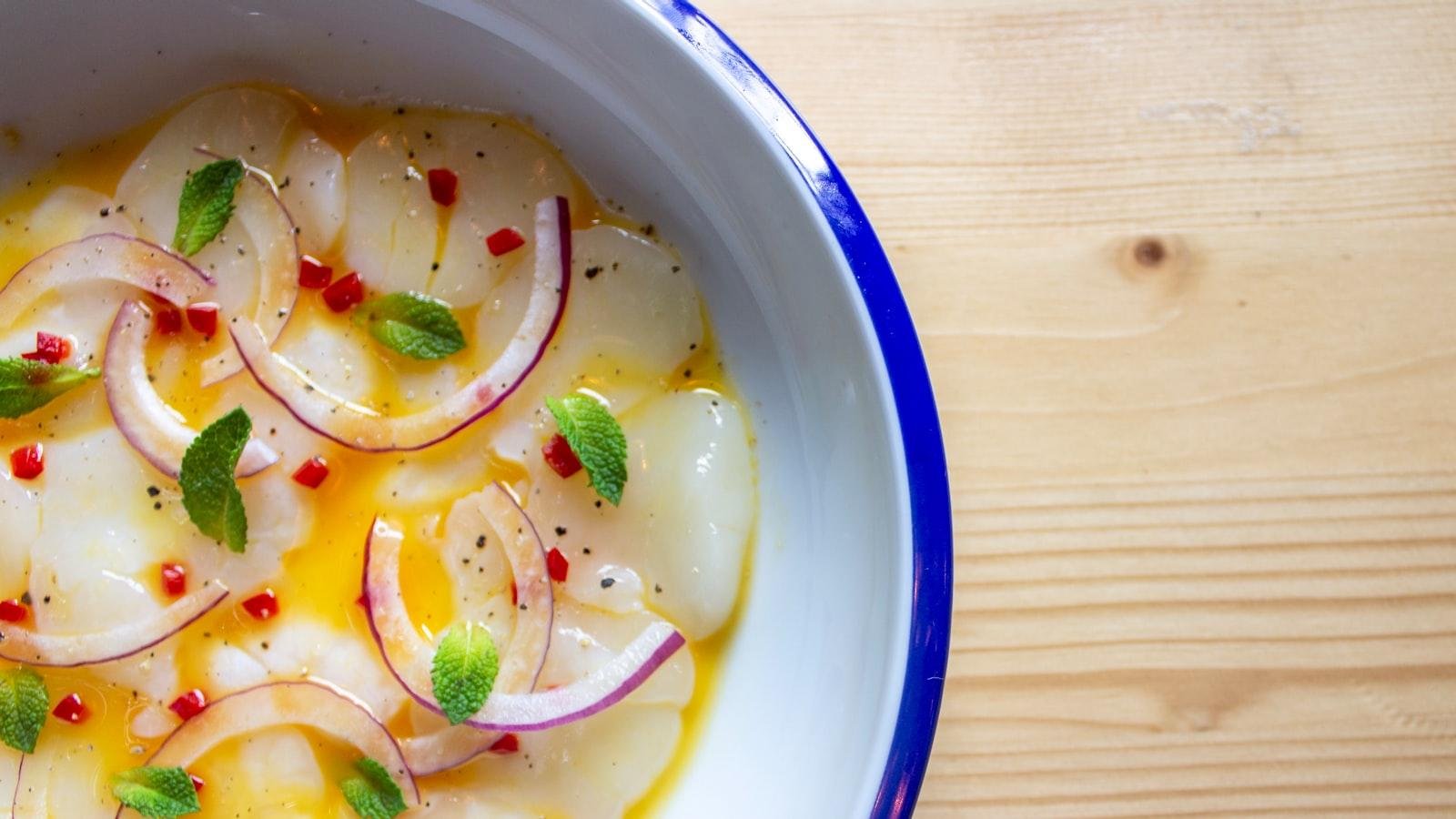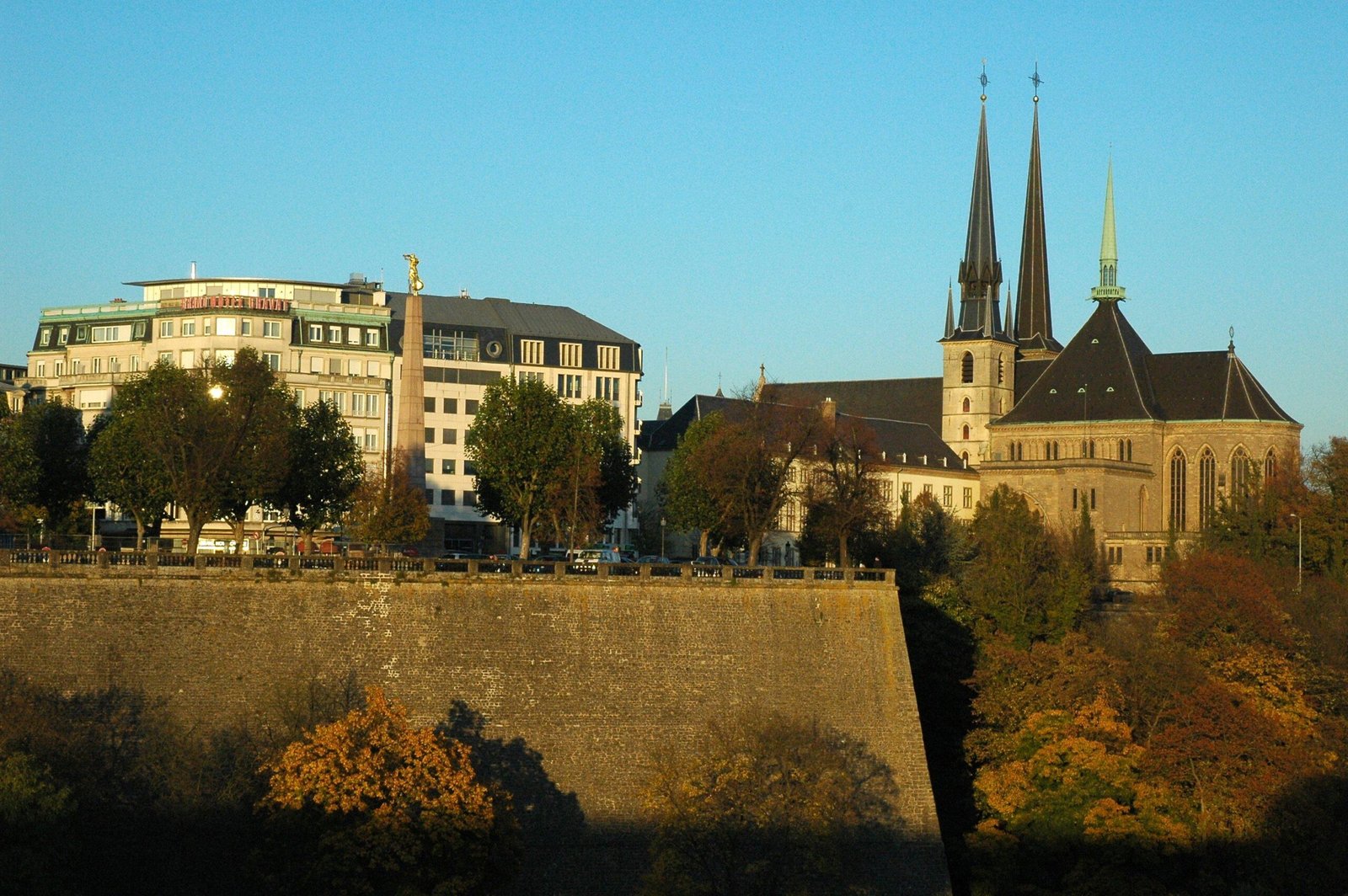Now Reading: Malta
- 01
Malta

Malta
Nestled in the heart of the Mediterranean Sea, Malta is a small island nation renowned for its rich history, stunning architecture, and breathtaking landscapes. Though often overshadowed by its larger neighbors, Malta boasts a unique charm and appeal that continues to attract visitors from around the world. In this article, we will explore the fascinating history, vibrant culture, and must-see attractions that make Malta a truly special destination.
Historical Landmarks in Malta
Valletta
Valletta is the capital city of Malta and is known for its rich history and stunning architecture. One of the most iconic landmarks in Valletta is the St. John’s Co-Cathedral, a 16th-century church known for its ornate Baroque interior and the famous painting “The Beheading of Saint John the Baptist” by Caravaggio. The Upper Barrakka Gardens offer panoramic views of the Grand Harbour and the Three Cities, while the National War Museum provides insights into Malta’s military history.
Ħaġar Qim and Mnajdra Temples
The Ħaġar Qim and Mnajdra Temples are ancient megalithic temples located on the southern coast of Malta. These UNESCO World Heritage sites date back to around 3600-3200 BC and are some of the oldest freestanding structures in the world. The temples were built with massive limestone blocks and are believed to have served as religious sites for the ancient inhabitants of Malta. Visitors can explore the temples and marvel at the impressive architectural feat achieved by the prehistoric Maltese people.

Cuisine and Culinary Delights of Malta
When it comes to Maltese cuisine, there is a rich tapestry of flavors and influences that make it truly unique. One of the most iconic dishes you must try is pastizzi, which are flaky pastries filled with either ricotta cheese or mushy peas. These savory snacks are perfect for a quick bite on the go. Another popular dish is fenkata, a rabbit stew cooked in red wine, garlic, and herbs. This hearty dish is often enjoyed during traditional Maltese festivals.
Seafood plays a significant role in Maltese cuisine, and you can’t visit Malta without trying lampuki pie, a savory pie filled with fish, onions, and anchovies. For dessert, indulge in figolli, sweet pastry filled with almond paste and topped with icing sugar. Malta’s culinary delights are a reflection of its history and culture, blending Mediterranean flavors with Arab, Sicilian, and English influences.
Beaches and Outdoor Activities in Malta
Experience the breathtaking beaches of Malta that offer crystal clear waters and golden sands, perfect for sunbathing and swimming. Whether you prefer secluded coves or bustling beach clubs, Malta has a range of options to suit every preference. Enjoy water sports such as snorkeling, kayaking, and paddleboarding, or simply relax and soak up the Mediterranean sunshine.
Aside from beaches, Malta also offers a variety of outdoor activities for nature enthusiasts. Explore the stunning cliffs of Dingli, go hiking in the lush countryside, or visit the beautiful gardens scattered across the island. With its mild climate and diverse landscape, Malta is the ideal destination for outdoor adventures all year round.
Local Festivals and Cultural Events
Malta is known for its vibrant that showcase the rich history and traditions of the island. One of the most popular festivals in Malta is the Malta International Arts Festival, which features performances from artists around the world in music, dance, theatre, and visual arts. This festival attracts both locals and tourists alike, creating a lively atmosphere in the streets of Valletta.
Another highlight of Malta’s cultural calendar is the Feast of St. Peter and St. Paul, which takes place in the charming village of Mdina. This religious festival includes traditional processions, fireworks, and a lively market selling local crafts and delicacies. Visitors can immerse themselves in Maltese culture by participating in the festivities and experiencing the warm hospitality of the locals.
Exploring Malta’s Diverse Architecture
One of the most fascinating aspects of Malta is its diverse architecture, which reflects the island’s rich history and cultural influences. From ancient megalithic temples to Baroque palaces and modern buildings, Malta’s architectural landscape is a testament to its unique past.
The architectural styles in Malta are a blend of various influences, including Phoenician, Roman, Arab, Norman, and British. The island’s buildings feature intricate stone carvings, colorful balconies, and grand facades. Some of the must-see architectural wonders in Malta include the UNESCO World Heritage Site of Valletta, the medieval city of Mdina, and the stunning Azure Window in Gozo. is like taking a journey through time, connecting the past with the present in a visually stunning way.
The Conclusion
In conclusion, Malta is a fascinating and unique destination that offers a rich history, stunning architecture, and breathtaking natural beauty. From its ancient temples to its azure waters, this island nation is sure to captivate and inspire all who visit. Whether you are interested in exploring its historical sites, relaxing on its sandy beaches, or indulging in its delicious cuisine, Malta has something to offer for every type of traveler. So, why not plan your next vacation to this hidden gem of the Mediterranean and discover all that Malta has to offer?











